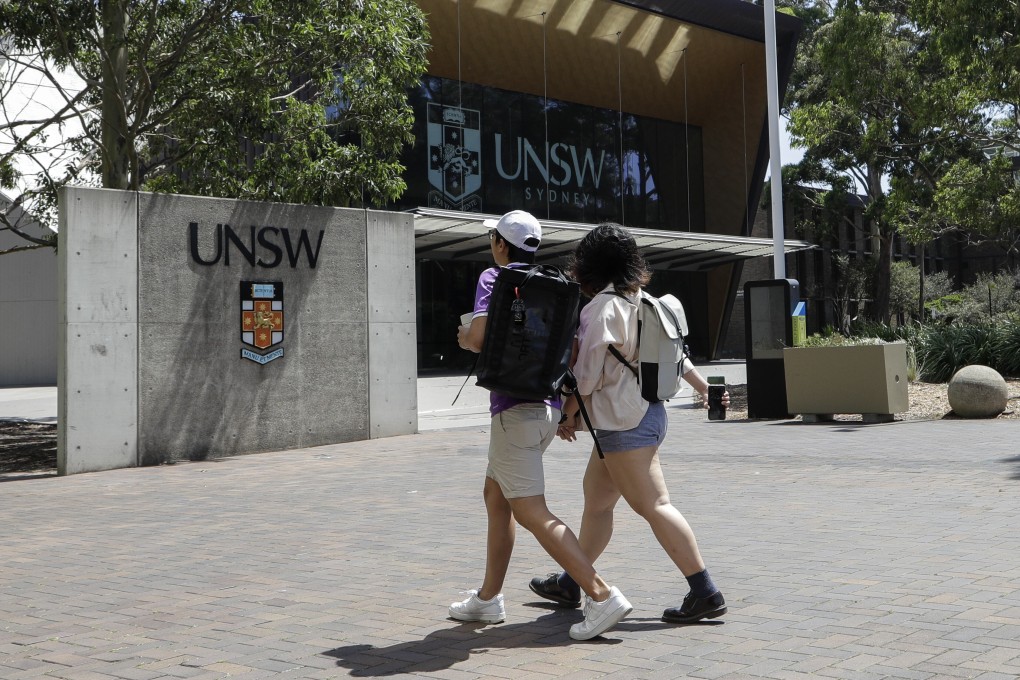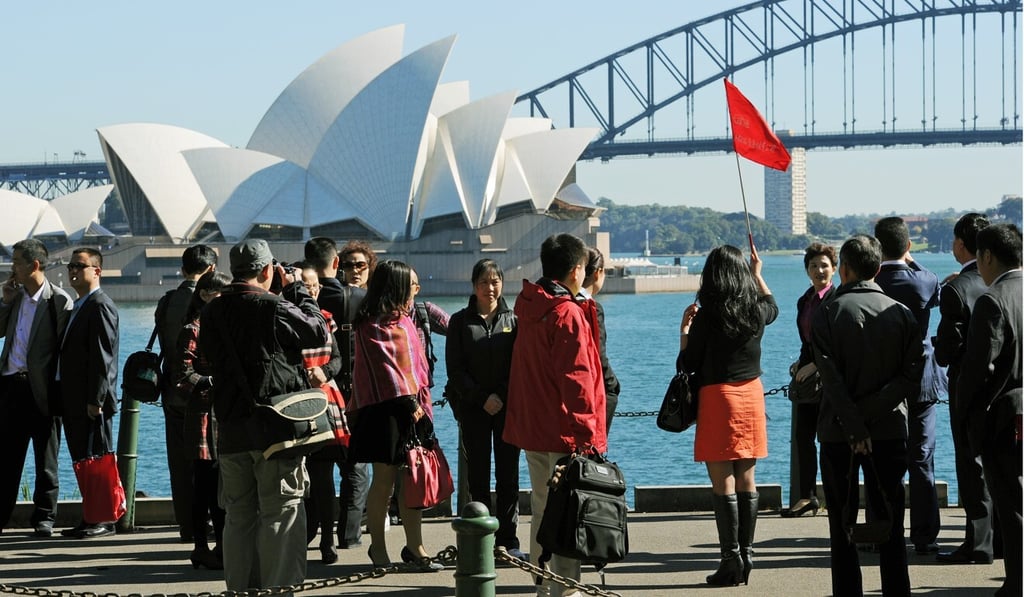Chinese students in Australian universities face surveillance, intimidation by Beijing for views: rights group
- Human Rights Watch said there was an ‘atmosphere of fear’ for pro-democracy Hongkonger and mainland Chinese students, and Australian universities had not upheld academic freedom
- It also raised concerns about the tone of Australia’s debate on foreign interference given rising anti-Asian discrimination and portrayals of Chinese students as ‘unthinking’ defenders of the CCP

An “atmosphere of fear” has grown on Australian university campuses in recent years, with pro-democracy Hongkongers and mainland students self-censoring to avoid harassment and being reported to Chinese authorities by their pro-Beijing classmates, the non-profit said in the report.
Although the number of reports of intimidation was low, such cases kept “thousands of other students on edge and fearful”, the New York-based group said.
The majority of Chinese students did not get involved in political disputes and chose to express their views peacefully, it said.
Human Rights Watch conducted interviews with 24 students with pro-democracy views and 22 academics for the 102-page report. It identified three cases where a student’s family members were contacted by the police due to the student’s advocacy in Australia.
